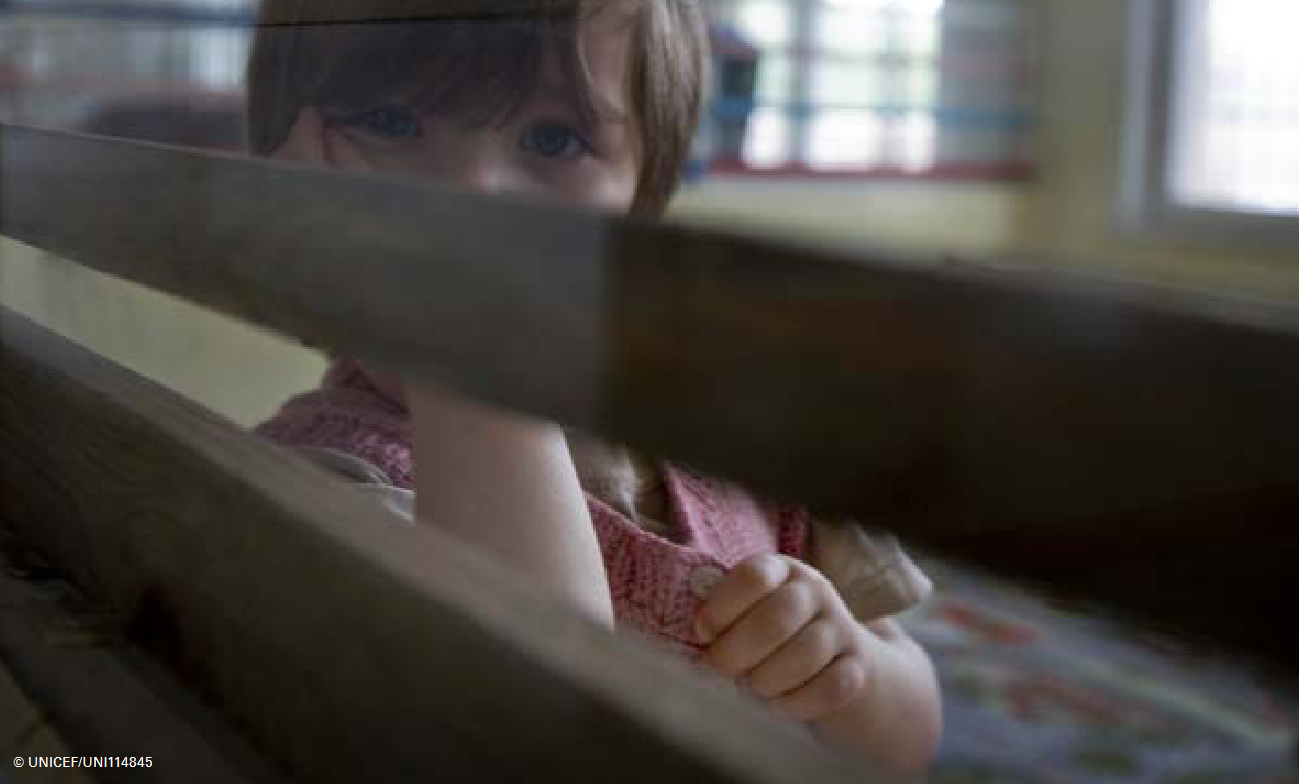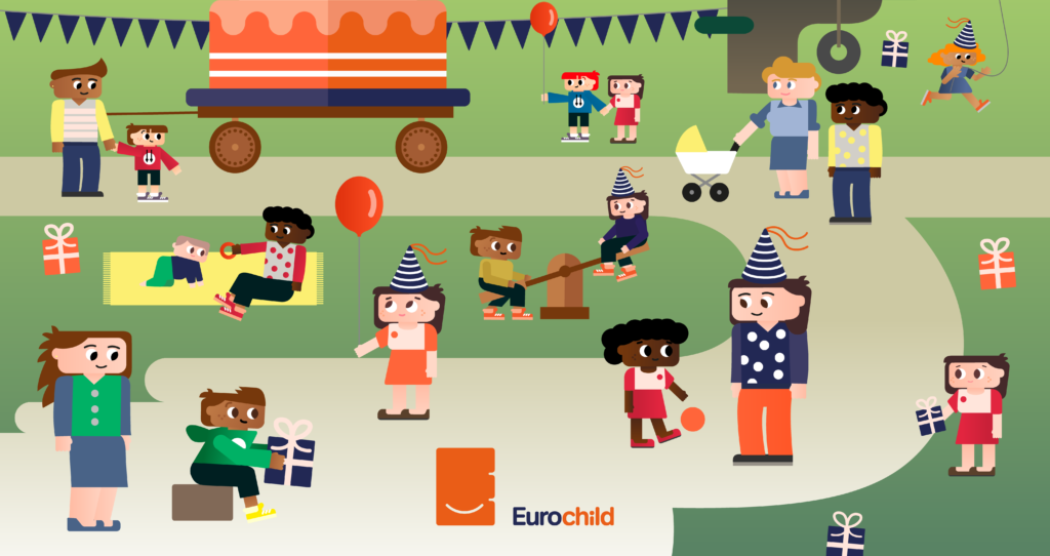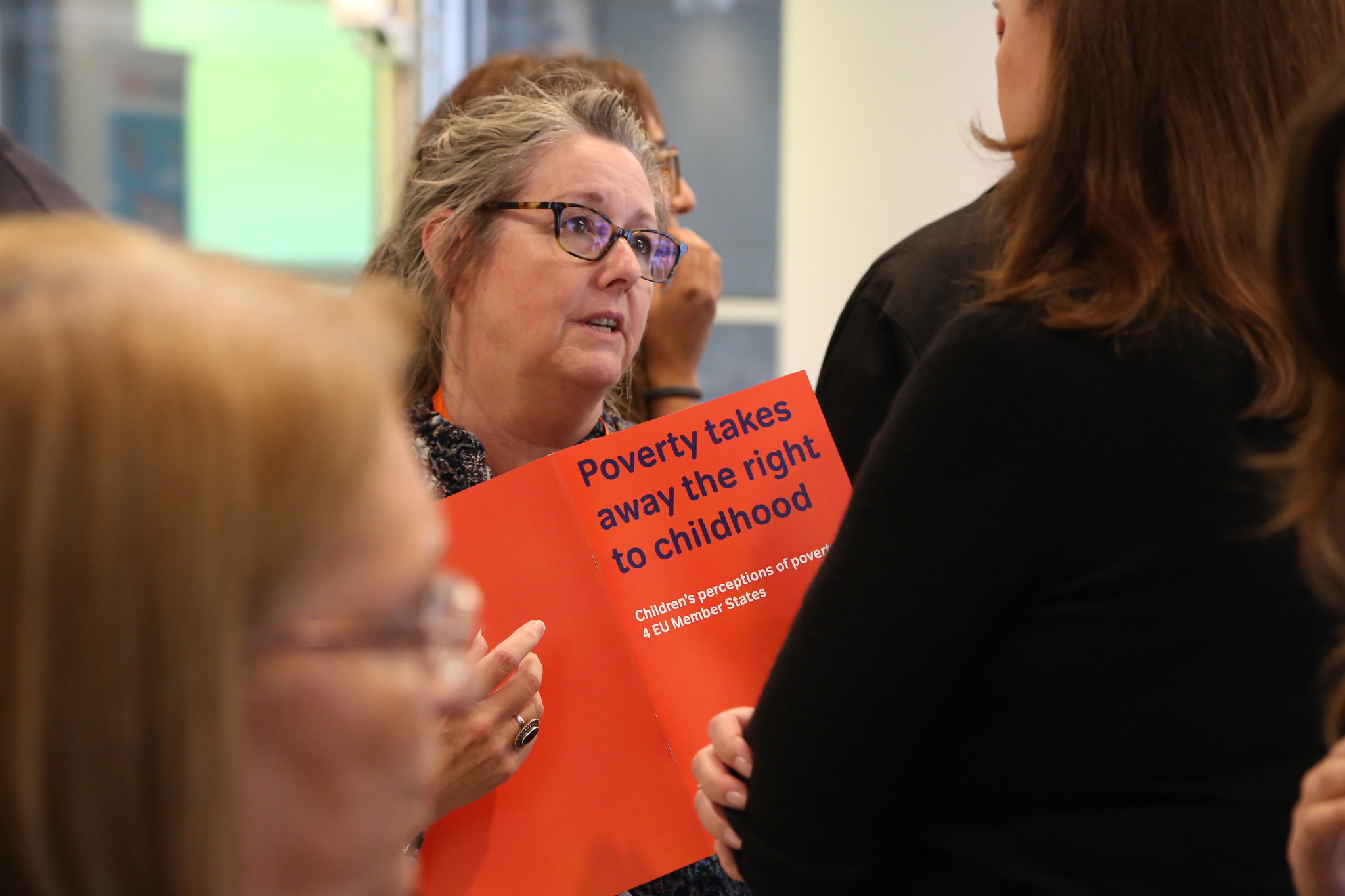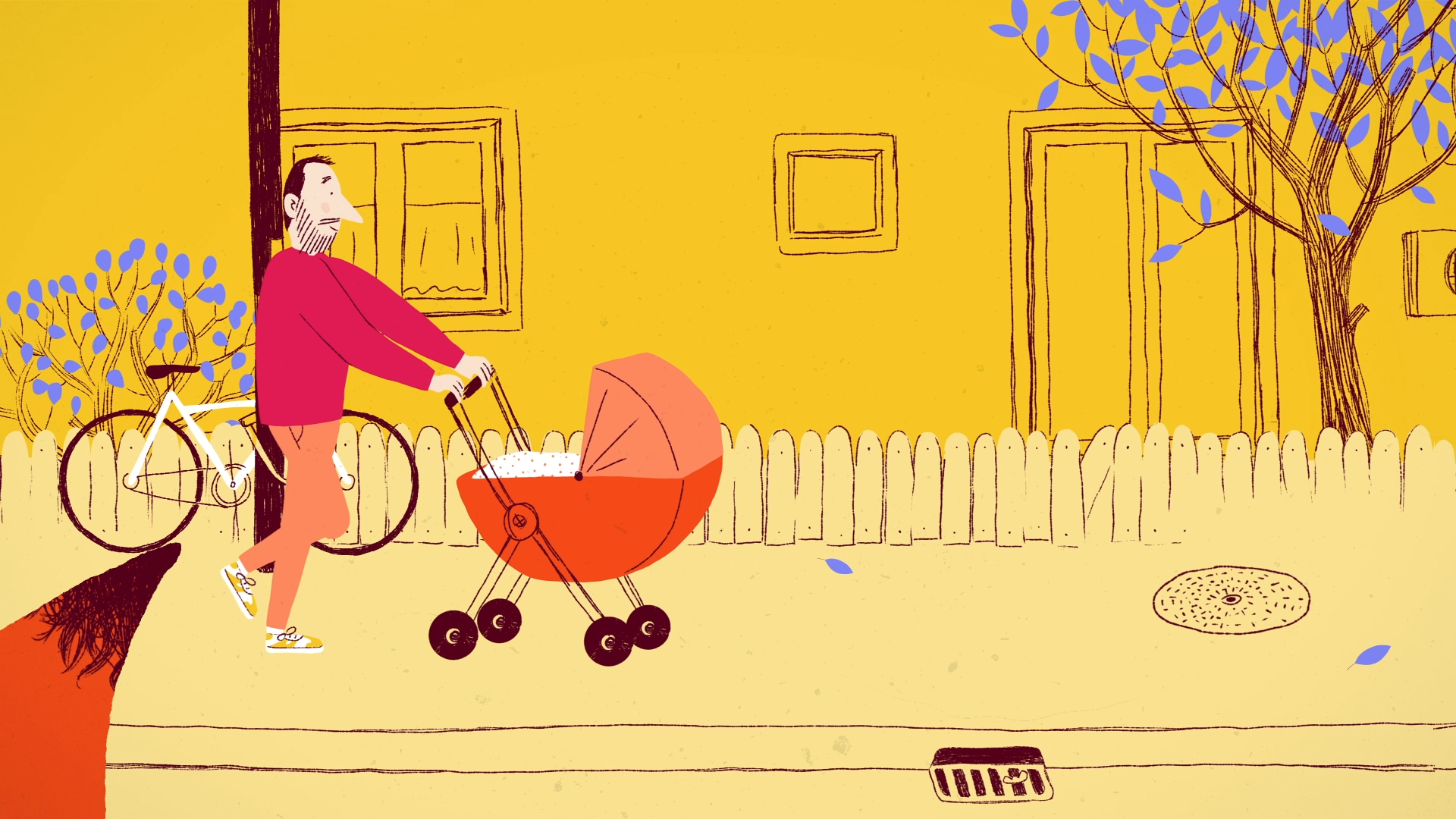Children in Alternative Care - Eurochild’s achievements in 2021
In 2021, Eurochild continued its work under its Strategic Goal to “End institutional care for all children”. We built the capacity of our members; participated in national, EU and international policy development; and partnered with academic, intergovernmental and philanthropic partners – all to further our goals to achieve deinstitutionlisation (DI) for all children in alternative care. Best available data, via our DataCare project, shows that the number of children in alternative care in Europe is decreasing since the Eurochild Children in Alternative Care Survey in 2009, but there are still more than 300,000 children in residential care in the EU and the UK.
Summaries of activity for 2021:
We collaborated with civil society allies through our work as co-chairs of the European Expert Group on transition from Institutional to Community-based Care.
We advocated for deinstitutionalisation through international and regional policy development at EU, UN and national levels. For example:
- EU: Since the COVID-19 pandemic had a severe impact on vulnerable people, we advocated for the Recovery and Resilience Facility to reverse further support to institutions rather to direct the funding towards family-and community-based services in 12 countries ; we organised stakeholders’ discussion on Recovery and Resilience Facility as a means to creating community and family-based care & co-hosted the 2021 Fundamental Rights Agency Forum ‘Beyond Institutional Care – fulfilling social rights for all children and families’;
- UN: We provided a contribution to the 2021 Day of General Discussion Children’s Rights and Alternative Care;
- National level: We also raised awareness about harmful effects of institutionalisation of children via the ‘Global & European Trends of Deinstitutionalisation for Children’ session at German Child and Youth Welfare Summit.
In partnership with Martin James Foundation we built capacities of our members:
- In targeted Technical Assistance in Greece, Croatia and Poland, and initiated continuation with members in Greece and Turkey through re-granting, tailored capacity building and technical assistance to push for national child protection reforms.
- We organised a cycle of webinars on topics such as: family strengthening and preventing separation of children from their biological families; use of new EU instruments such as European Child Guarantee and EU Strategy on the Rights of the Child; and how to respond to emerging trends and prioritise deinstitutionalisation for children in alternative care in post-COVID recovery.
We contributed to thought leadership, such as through our DataCare project with UNICEF’s Europe and Central Asia Regional Office (ECARO). Our research, undertaken with Eurochild members and national experts across 23 countries, has proven that indicators on children in alternative care can be collected across Europe, and incorporated into EU monitoring frameworks, such as in the European Child Guarantee. Find the full findings, including visualised country overviews.





